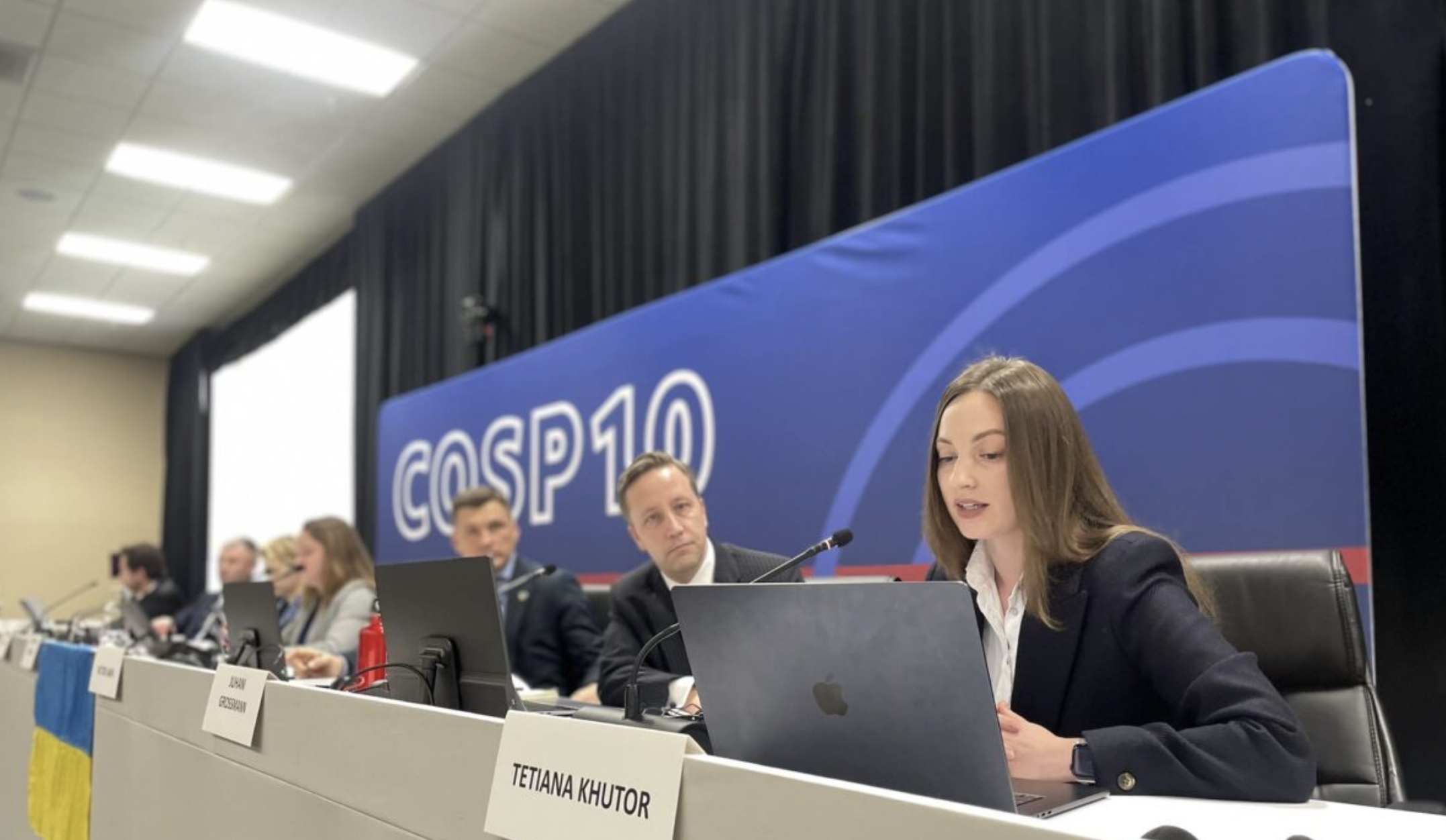
At the 10th anniversary session of the States Parties to the UN Convention against Corruption, the Institute of Legislative Ideas presented a unique monitoring platform developed by us to assess Ukraine's implementation of the Convention
The 10th session of the States Parties to the United Nations Convention against Corruption (UNCAC), which took place in Atlanta, Georgia, USA, has come to an end. This year, the first Civil Society Forum was held, where IZI was represented by Tetyana Khutor and Taras Ryabchenko, and where the current state of implementation of UNCAC and the nearest prospects, as well as strengthening the role of the public were discussed.
The Institute of Legislative Ideas is a member of the UNCAC Coalition, a network of more than 400 civil society organizations around the world that are involved in the process of preparing parallel (along with state) reports on the implementation of the UN Convention against Corruption.
The NACP, together with the Institute of Legislative Ideas, Transparency International Ukraine, Basel Institute on Governance, and the East Europe Foundation, organized the Side Event ‘Ukraine Integrity Ecosystem: War and Post-War Recovery’.
In addition, Tetyana moderated another Side Event - ‘From Education to Action: Curbing Corruption in Eurasia’.
More details will be revealed soon!
We express our gratitude to the EU Anti-Corruption Initiative, the International Renaissance Foundation, and ISAR Ednannia for their support and the opportunity to present the results of our analysis of Ukraine's progress in implementing the Convention at an event of this scale.



